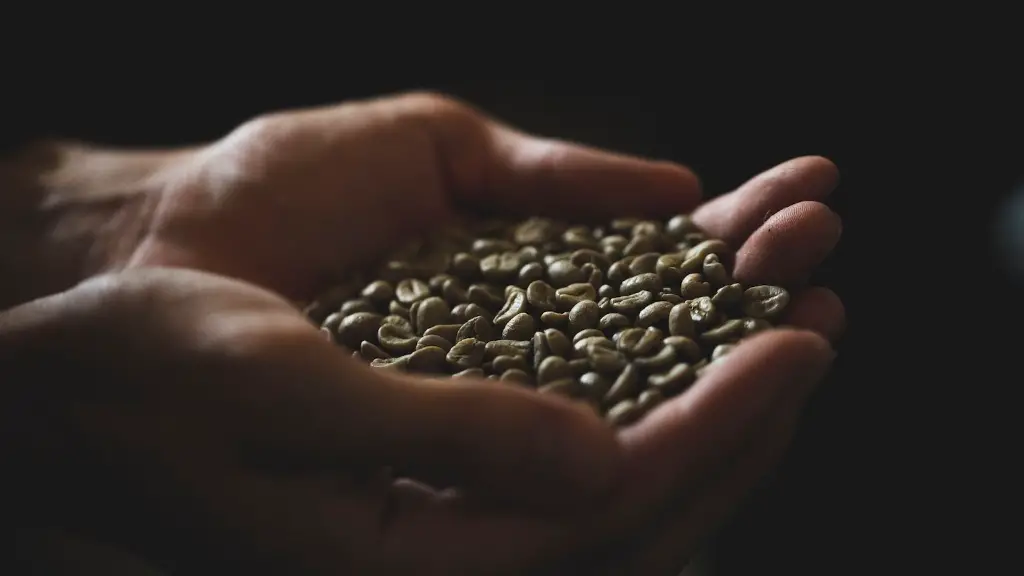According to a 2019 survey, Americans have been drinking coffee for decades. Coffee has become a booming business over the years, and as a result, more and more research has been conducted on health benefits and risks associated with coffee consumption. While there has been a great deal of debate about whether or not it is bad to drink coffee late at night, what is clear is that the effects of this habit can depend on the individual.
Caffeine is a stimulant that can affect sleep patterns. Consuming this compound too close to bedtime can disrupt sleep patterns and make it harder to fall asleep. This can lead to a range of issues such as insomnia and exhaustion. Additionally, consuming caffeine late at night can make it more difficult to focus the next day.
However, the impact of this habit on an individual can depend on their own body chemistry. People who are used to drinking coffee late at night may not be affected in the same way as someone who only drinks coffee later in the day. There are also physiological variables at play, such as level of caffeine tolerance, age and overall health.
My own insights and analysis suggest that, while it is possible to drink coffee late at night and not experience any negative side effects, there could also be long-term consequences to this habit. Additionally, it is important to note that the amount of caffeine consumed can have an impact on the individual. Too much caffeine can lead to jitters, headaches and difficulty sleeping. It is therefore important to moderate the amount of caffeine consumed, particularly in the late evening.
Can Caffeine be Beneficial?
On the other hand, caffeine from coffee can actually be beneficial in certain situations. Studies have found that drinking coffee can enhance cognitive performance and reduce tiredness, making it ideal for students and athletes attempting to focus on tasks or stay alert. Additionally, caffeine can be a great pick-me-up in the mid-afternoon when energy levels tend to dip.
In some cases, caffeine can also be taken in doses to boost mood or reduce depression. However, it is important to note that caffeine consumption should always be heavily moderated and taken under the direct guidance of a physician or health specialist.
Overall, while caffeine consumption can be beneficial in certain situations, it is important to observe moderation when consuming coffee late at night. Consulting a physician or health expert can be a great way to ensure that caffeine consumption is monitored safely and any potential risks can be identified.
The Role of Sleep Hygiene
Sleep hygiene is an important factor to consider when addressing the issue of caffeine consumption late at night. Sleep hygiene involves simple, everyday actions that help to ensure that individuals get the quality sleep that they need. This can include avoiding screens before bed, dimming lights and reducing exposure to noise, among other things.
Having good sleep hygiene can help people to improve their overall sleep quality, thus reducing the need for coffee late at night. However, it is important to note that good sleep hygiene can also reduce the impact of caffeine consumption late at night.
A good sleep hygiene routine can include avoiding screens before bed, taking warm baths and avoiding strenuous exercise. Additionally, it is important to create a cool, calm sleep environment. This can involve making sure the bedroom is cool, dark and quiet.
Understanding The Science Behind Caffeine Consumption
Understanding the science behind caffeine consumption can be a great way to not only make informed decisions about coffee late at night, but also to ensure that it is taken and consumed safely.
Caffeine functions like a stimulant in the body, attaching to receptors in the brain to produce a variety of effects. The amount of caffeine consumed, as well as its rate of absorption, can greatly impact how it affects an individual.
Therefore, it is important to consider these factors when consuming coffee late at night. If too much caffeine is consumed in a short period of time, it can have a negative effect on sleep, and if consumed late in the evening, it can disrupt sleep patterns further.
Tips For Enjoying Coffee Late At Night
Although there are many potential risks associated with drinking coffee late at night, it is still possible to do so with moderation and safety in mind. Here are some tips to ensure that coffee consumption late at night does not have a negative impact on overall health:
- Limit the amount of caffeine consumed.
- Opt for decaffeinated drinks.
- Drink coffee in moderation.
- Consider your overall health.
- Aim to be consistent in when you drink coffee.
Coffee consumption can be an important part of everyday life; however, its consumption late at night can have a significant effect on sleep quality and overall health. Therefore, it is important to consider the risks and benefits of consuming coffee late at night, as well as its overall impact on health.
Addressing Caffeine Dependency
Although caffeine consumption can be beneficial in certain situations, it is important to be aware of any potential issues related to caffeine dependency. This phenomenon can occur when the body needs more and more caffeine to reach the same effects, as well as when an individual experiences withdrawals when cutting caffeine out.
Caffeine dependency can be especially concerning for people who are consuming coffee late at night. In this case, if an individual develops a dependency, they may experience difficulties sleeping when they cannot consume coffee late at night.
It is important to identify and address any issues with caffeine dependency as soon as possible. An individual may want to consider speaking with a healthcare professional or nutrition specialist to better understand how late night coffee consumption may be affecting their overall health.
Weaning Off Caffeine Consumption
If an individual wants to reduce their coffee intake or transition away from late night coffee consumption, they may want to consider transitioning and weaning-off slowly. Abruptly cutting caffeine out can lead to potential side effects, such as headaches and difficulty focusing. Therefore, it is important to reduce the amount of caffeine and coffee consumed over time.
An individual may also want to consider swapping out coffee for other energy-boosting options, such as tea or natural energy drinks. These can be great alternatives and can help to ensure that an individual’s energy levels remain consistent.
Overall, it is important to be aware of the effects of late night coffee consumption and to identify any potential dependency issues as soon as possible. By participating in activities such as improving sleep hygiene and weaning off caffeine, an individual can begin to gain control over their coffee and caffeine consumption.





